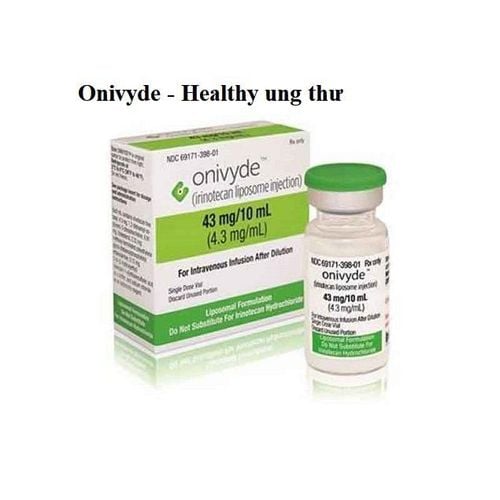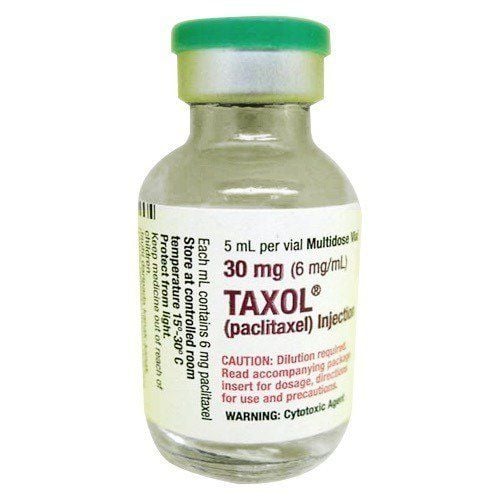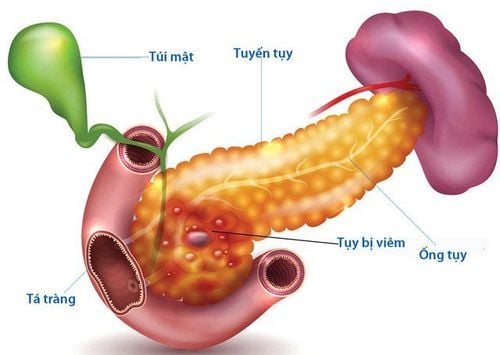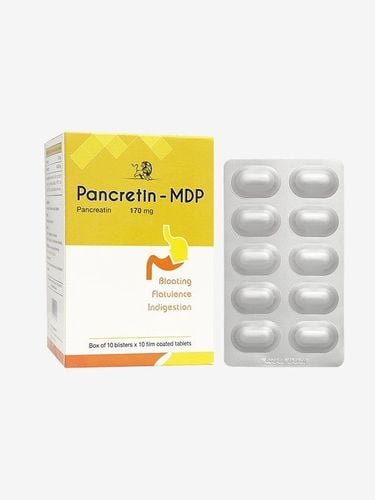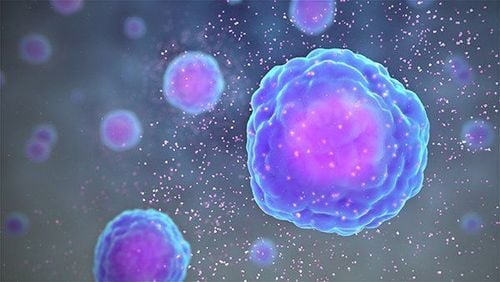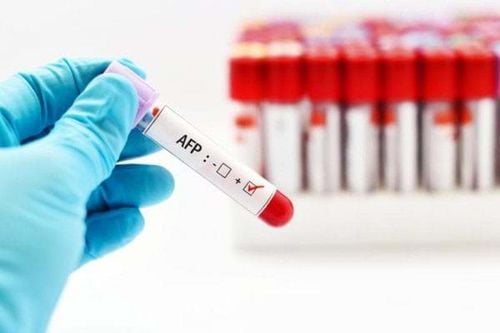This is an automatically translated article.
Article by Master, Doctor Mai Vien Phuong - Gastrointestinal endoscopist - Department of Medical Examination & Internal Medicine - Vinmec Central Park International General Hospital.
Secretin stimulation allows your doctor to check your pancreas function in response to gastric secretions. This is an important hormone in the digestive process. If your secretin test results are abnormal, you may have a pancreatic disease such as pancreatitis, pancreatic cancer, or cystic fibrosis.
1. What is secretin?
When food is partially digested from your stomach to your small intestine, your small intestine produces a hormone called secrettin. Secretin causes your pancreas to secrete fluid that contains inactive digestive enzymes and bicarbonate. This fluid moves from the pancreas into the upper part of the small intestine, the duodenum. The liquid neutralizes the acid in your stomach to activate your pancreatic enzymes. These enzymes help the human body break down food and absorb its nutrients.
Certain diseases of the pancreas such as chronic pancreatitis, pancreatic cancer ... will make it harder for your pancreas to respond to secretions. When this happens, your pancreas cannot deliver enough digestive enzymes to your small intestine to help with the digestion process. This is called pancreatic insufficiency.
2. What is the molecular nature of Secretin? Secretin is a gastrointestinal peptide hormone that regulates secretion in the stomach, pancreas as well as in the liver. It is produced by enterochromaffin cells in the duodenum in response to duodenal content and has a pH less than 4.5.
The main effect of secretin is to stimulate the pancreas to secrete pancreatic juice to regulate pH in the small intestine. Secretin is also responsible for fluid homeostasis and bile production. Although it is a digestive hormone, secretin is also considered a neurohormone because it is also expressed in the central nervous system.
Purified synthetic human secretin, also known as RG1068, is available as an intravenous injection. It contains an amino acid sequence identical to that of the naturally occurring hormone consisting of 27 amino acids that aid in helical formation. The carboxyl-terminal amino acid, valine, is amidated. Synthetic human secretin displays activities and biological properties comparable to natural secretin. It is indicated for stimulation of the pancreas and gastric secretions to aid in the diagnosis of pancreatic exocrine dysfunction, in the diagnosis of gastrinoma as well as to facilitate the identification of Vater's ampulla and accessory papilloma. during endoscopic retrograde cholangiopancreatography (ERCP).
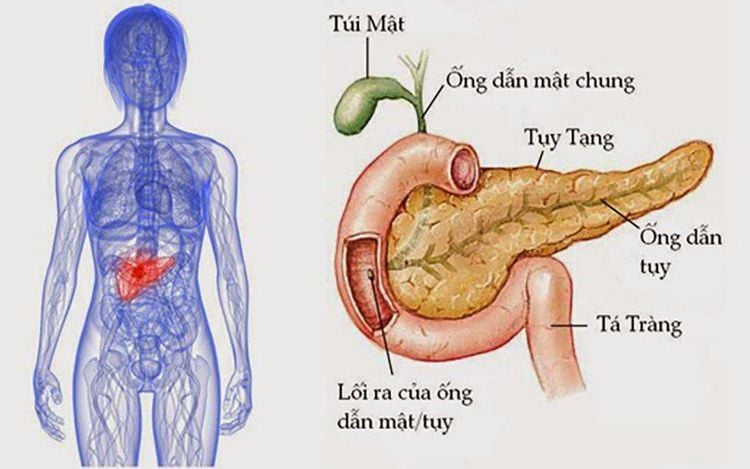
3. What is Secretin Secretion Stimulation Test?
Synthetic human secretin mediates biological effects similar to natural gastrointestinal peptide hormones. Secretin is normally released from enterochromaffin cells and S cells in the intestinal mucosa of the duodenum upon contact with the intestinal lumen proximal to gastric acid or fatty acid and amino acid contents.
Secretin mediates an inhibitory effect on acid secretion of gastric parietal cells and induces alkalosis of the duodenal contents by stimulating the release of pancreatic juice, which has a high amount of water and bicarbonate ions. Bicarbonate ions are released into the duodenum from the centroacinar cells and epithelium lining the pancreatic duct and biliary tract.
Human secretin is a ligand at G-protein-coupled Secretin receptors that are expressed in the basal domain of several tissue cell types, including pancreas, stomach, liver, colon, and other tissues. . Following interaction, increased levels of cAMP and initiation of a cAMP-mediated signaling cascade lead to protein kinase A (PKA) phosphorylation and activation of the cystic fibrosis membrane conduction regulator (CFTR). CFTR activation activates Cl-/HCO3- anion 2 exchange and leads to bicarbonate-rich pancreatic juice secretion. Through the same cAMP signaling pathway, secretin promotes water and electrolyte secretion in cholangiocytes. Secretin may act through the vagus-vaginal nerve pathways by stimulating the vagus nerve to stimulate bicarbonate secretion and block stimulated pancreatic secretion of atropine. In addition, secretin acts as a diuretic to increase urine volume and bicarbonate excretion. Thus, stimulating secretin secretion allows your doctor to check your pancreatic function in response to gastric secretions. This is an important hormone in the digestive process.
If your secretin test results are abnormal, you may have a pancreatic disease such as pancreatitis, pancreatic cancer, or cystic fibrosis. So consult your doctor to learn more about diagnosis, treatment, and long-term outlook.
Please dial HOTLINE for more information or register for an appointment HERE. Download MyVinmec app to make appointments faster and to manage your bookings easily.
References:Cystic fibrosis. (2015, December 22) labtestsonline.org/understanding/conditions/cystic-fibrosis Mayo Clinic Staff. (2013, September 7). Pancreatitis mayoclinic.org/diseases-conditions/pancreatitis/basics/definition/con-20028421 Pancreatic diseases. (2014, December 19) labtestsonline.org/understanding/conditions/pancreatic-diseases/





